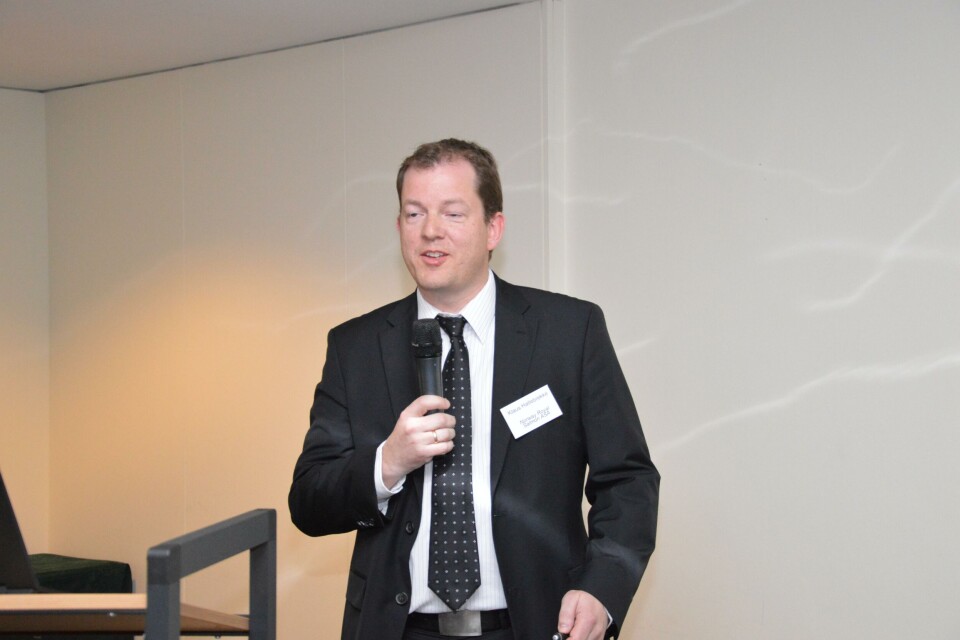
NRS profits rise but smolt losses lower expectations
Norway Royal Salmon (NRS) has reported a jump in Q3 operating to profits to NOK 89 million (£7.7 million), up from NOK 35 million (£3 million) in the corresponding quarter last year.
The company said lower production costs and higher prices contributed to the results, which saw an EBIT per kg of NOK 12.13 (NOK 4.21).
NRS acting CEO Klaus Hatlebrekke, who took over from Charles Hostlund at the end of September, said costs relating to the company’s ongoing sale to NTS affected operational EBIT, however.
There were also issues with smolt suppliers, leading to the destruction of smolts, which will have a negative impact on harvest volume in 2022.
But he added: “We are pleased that production in our new smolt plant in Dåfjord has been good, which will ensure NRS smolt from next spring.”
NRS, which farms in Norway and Iceland, recorded an operational EBIT in Q3 of NOK 105.8 million (NOK 42.3 million), with 8,340 tonnes gutted weight harvested, 17% lower than the corresponding quarter last year.
Iceland
Farming Iceland achieved an operational EBIT of NOK 30.9 million (NOK 0.8) with operational EBIT per kg gutted weight of NOK 10.55 (NOK 0.30).
Some 2,925 tonnes gutted weight was harvested, 5% higher than the corresponding quarter last year.
The total harvest volume for 2021 is expected to be 48,000 tonnes, with 36,500 tonnes in Norway and 11,500 tonnes in Iceland.
This represents an increase of 20% in Norway and 55% in Iceland compared to 2020. For 2022, the group's total harvest volume is expected to be 51,500 tonnes, including 38,500 tonnes in Norway and 13,000 tonnes in Iceland.
The estimated smolt release for 2021 is 11.2 million smolts, and for 2022, the smolt release is estimated to be 15.6 million.
ASC certified
Hatlebrekke said all NRS farms are ASC (Aquaculture Stewardship Council) certified, both in Norway and in Iceland.
“We have been working towards this goal for several years and NRS is one of the few companies in the world that has achieved 100% ASC certification,” he said.
He also noted that NRS has started electrification of its feed barges in Norway, with either batteries charged with fossil fuels (hybrid) or batteries charged from the shore.
Some 89% of the feed barges in Norway have now installed batteries and operate on a hybrid solution.























































